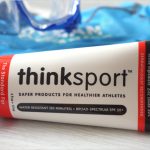
Citrus oils increase UV damage in sunscreens
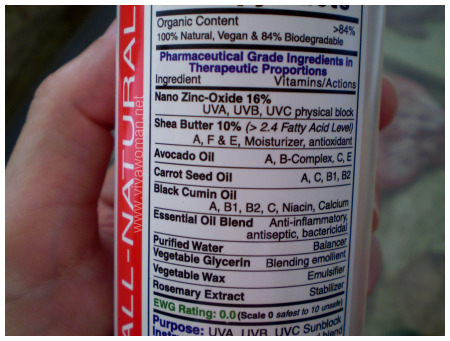
Last week I received a comment from Erik Kreider in one of my posts about the danger of citrus oils in sunscreen formulas. Erik by the way is a pharmaceutical scientist who created the Kabana skincare range including their zinc oxide based sunscreen.
Citrus oils actually increase UV damage because they tend to inhibit the very mechanisms that repair UV induced DNA damage. They also may inflate the tested SPF by acting as anti-inflammatories, effectively suppressing the erythemal response that is used to calculate the SPF value. The end result is a product that keeps you from getting sunburned but does little to protect you from skin cancers.
Common examples of citrus oils include Citrus Grandis (Grapefruit) Peel Oil, Citrus Aurantium Dulcis (Orange) Oil and Citrus Aurantifolia (Lime) Oil. Others are bergamot, lemon, lemongrass, rue, angelica root and petitgrain. I found out that cumin is considered photosensitive by some authorities and this is an ingredient in the Keys Solar Rx sunscreen I was using last year!
From what I’ve come across, topical application of citrus oils may cause a phototoxic reaction when skin is exposed to sunlight (source) and this is probably one of the reasons why Erik Kreider is suggesting they’re not suitable for sunscreen formulation.
Although I can’t ascertain what he has written further, but there are some basis for his point of view and hence, I will try to be more careful and actively avoid sunscreens containing citrus oils. But I have to say that this just confounds the confusion I already have about sunscreen ingredients!
Comments
Leave a Reply
You must be logged in to post a comment.

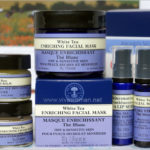











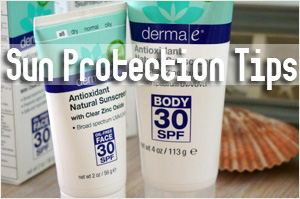
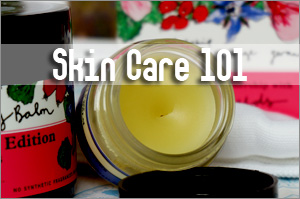
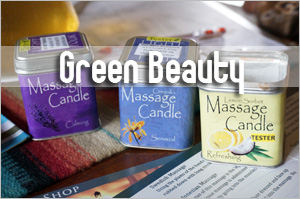
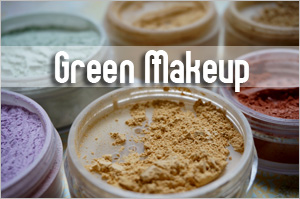
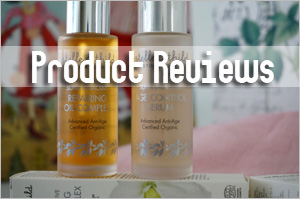

Does it mean that TBS Vitamin C skin boost should not be used with sunscreen since it contains orange oil?
pf1123: I have the same question. Based on the various information and expert opinions I’ve come across, using a vitamin C serum beneath our sunscreen actually provides antioxidant benefits. My unexpert guess is that the citrus oils shouldn’t go into the sunscreen formulations cos that alters their behavior. But personally if I use vitamin C beneath my sunscreen, I try to avoid direct strong sunlight as far as possible. Say if I’m heading to the beach, I’ll not want to put it on.
i have heard about this before, but have never reg tht into my head and nv remember the check for the ingredients in my sunscreen. regarding the use of vit c serum underneath sunscreen, my guess is that it would not pose any big problem as long as we don’t camp in the sun, daily short distance of noon lunch should be fine with the use of umbrella as well.
prettybeautiful: Yup, I share the same thoughts as you but there is always a nagging fear…
Citrus oils = any Vitamin C?
I was going to try out the DIY Vitamin C serum which you posted before. I thought that might be better than the TBS Vitamin C Skin Boost as the Skin Boost contains silicones which I’m not sure will block pores for me or not.
So, now I’m not sure…maybe I should use the serum only at night?
pf1123: Now that you’ve reminded me…I’ve used TDF Vit C serum and it was recommended by the dermatologist. He just told me to use it with sunscreen so that’s expert opinion that vit C can be used underneath sunscreen. But perhaps I’ll go with what De has suggested – used only in the night – just to be sure. Anyway, vit C when applied can stay on the skin for up to 72 hours.
Hmm, this is getting confusing. I read that Vitamin c is photosensitive and if we use it in the daytime, we have to make sure we use tonnes of sunblock.
Oh well, I am going to stick to using Vitamin C serum at night.
De: Yeah, I’m confounded by the info on sunscreens. Sometimes it doesn’t help to be too inquisitive… I’ve stopped using Vit C for the time being but plan to resume and also stick to using it only once a day in the night.
I read your post and was immediately concerned cos I’m using the DIY vitamin C serum as well as the vitamin C body creme. So I researched a little on it and found this interesting interview, http://www.abc.net.au/rn/talks/8.30/helthrpt/stories/s165.htm
Apparently, it seems that vitamin c doesn’t increase sensitivity to UV rays but rather works to dismantle the free radicals immediately and protects the skin even more.
Hmm. But anyhow, I’ve been only using these cremes at night and will probably continue it for night use.
Sharon: Yes, that’s my understanding about vit C too. But you still need to use sunscreen on top of your serum. I guess if it’s not in the sunscreen formulation, it should be fine. Come to think of it, I haven’t seen any sunscreens with vit C in them. Only vit E mostly…
does this mean that the keys sunblock we using now does not contain citrus oil and is safe for use? Thank you!
Faeryberry: No citrus oils but it contains black cumin and some resources classify that as photosensitive as well. I was also alarmed to read that cos I’ve been using the sunscreen for over a year… ?
Hi, I just came across your site and was wondering what you thought of Arcona tinted reozone. I’ve been searching far and wide for a physical sunscreen that leaves no whitish cast with few Essential Oils (pregnancy concerns). I thought I found a winner with Arcona before reading your post. Citrus essential oils are listed at the end of their ingredient list:
Distilled Water (Agua), Zinc Oxide, Glycerin, Titanium Oxide, D Alpha Tocopherol, Tocotrienols, Camellia Sinensis Leaf Extract (Green Tea), Aloe Barbadensis Leaf Extract (Aloe Vera), Butyrospermum Parkii (Shea Butter), Zirconium Oxide, Olea Europaea Fruit Oil (Olive), Rubus Idaeus Oil (Raspberry), Citrus Grandis Peel Oil (Grapefruit), Grapefruit Seed Extract (Citrus Grandis)
gi: There are two citrus oils in there but being the last 2, the proportions are probably very little to create much damage. Personally I wouldn’t use this because I don’t want to use sunscreens containing titanium dioxide anymore. I go for those containing only zinc oxide. You can do a search on the topic of titanium dioxide. There has been too much writing about how this ingredient causes free radical damage and also, zinc oxide is the only ingredient according to my research which provide complete UVA and UVB protection. However, there are also negative comments about zinc oxide but I can’t think of any other sunscreens to use since I try to steer clear of the chemical ones.
Thank you so much. I had heard some controversy about titanium dioxide, but I’ve had even less luck finding a sunscreen with zinc oxide, no whitish cast and few EOs. Is there a sunscreen that you use and recommend?
gi: I’m using this the UV Natural Sunscreen SPF30+ at the moment. I quite like it as it leaves no whitest cast but it can be drying and it uses micronized zinc oxide. You can check out my review here: https://www.vivawoman.net/2009/01/23/review-uv-natural-sunscreen-spf30/
Hope you’ll find a suitable sunscreen for yourself soon. I know how it is…cos I’ll still searching for a perfect one.
Hi there,
So do you think you still want to use the Solar rx any more? I tried Kabana green screen tinted version, while I love how it feels on my skin I just cant put it on my face because it turn my face pinkish :(. I have medium/ tan Asian skin, do you think I could use Keys solar rx? Is it clear when applied on skin? or there is still some whiteness? Really appreciate your advice!
Vicky: Keys Solar Rx is very good in terms of texture. I would say it’s clear when applied on my fair skin. No whitecast. But slightly oily for my combination skin if I apply too much but it’s good when I use the right amount. I don’t mind using it; just that now I’ve found something else that’s even better for me and comes with 20% non-micronized zinc oxide. I’ll be reviewing that in a week or two so come back and check up. I’ll also run a feature where I compare 5 mineral sunscreens rated by EWG.
Thanks for your prompt reply!
Vicky: You’re welcome! ?